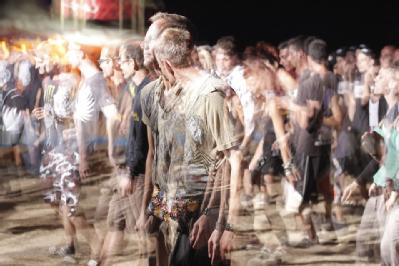Cultures of Life, Authority, & Power in Modernity (SO9B2)
Hannah Arendt and Michel Foucault argued that something like a culture of life, (believing in and valorising the processes of biological growth, evolution and survival), has been central to the formation and experience of modern regimes of power. This module begins with a close reading of two key texts that have put political cultures of life – or biopolitics – on the social theory agenda: The Human Condition by Hannah Arendt and Michel Foucault’s History of Sexuality Volume 1. We will conduct close readings of these texts and critically discuss them in order to think through the functioning of power in modern society.
In the second half of the module, we will take these critical analyses of Arendt and Foucault and apply them to an understanding of contemporary political and ethical challenges, in order to understand the extent to which they might help us to address these challenges. We will read contemporary theorists who have been influenced by Arendt and Foucault, and discuss issues such as the emergence of a narrative of ‘post-truth’, challenges to the authority of expertise, and neoliberal normativity.
The module is built around discussion and critical engagement, with an expectation that students will read the core texts and come to seminars prepared to discuss and question them. The seminars will also involve student presentations each week that will raise questions to guide our discussions.

